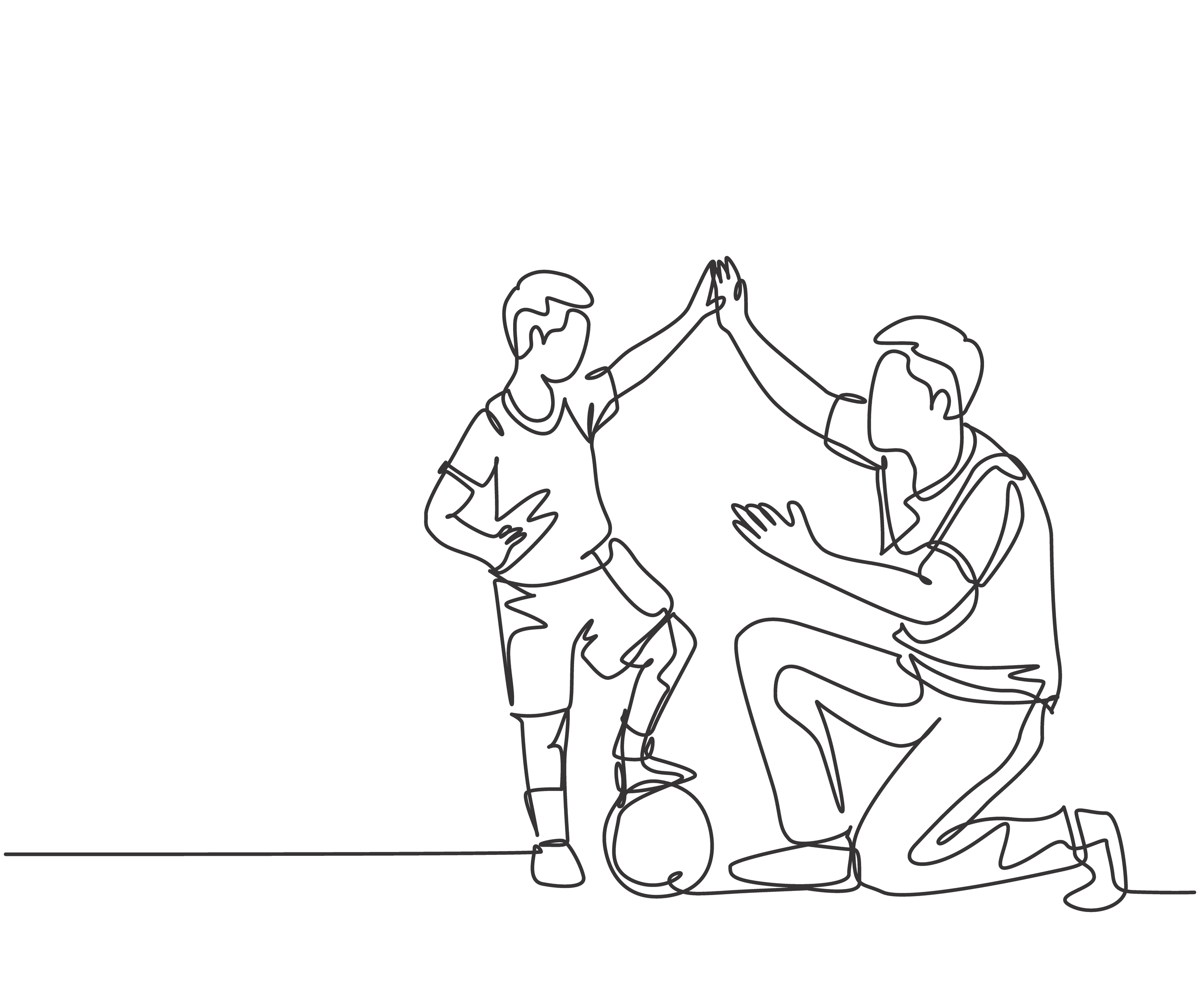Social Anxiety: What Causes It and How Do You Overcome It?
July 10, 2024
Social Anxiety: What Causes It and How Do You Overcome It?
Social Anxiety: What Causes It and How Do You Overcome It?
Social anxiety is a mental health condition that affects millions of people worldwide. It is characterized by an intense fear of social situations, particularly those that involve interacting with others or being the center of attention. For those who suffer from social anxiety, everyday activities such as attending a party, giving a presentation, or even going to the grocery store can be incredibly challenging and cause significant distress.

What is Social Anxiety?
Social anxiety, also known as social phobia, is a type of anxiety disorder that causes individuals to experience intense fear and self-consciousness in social situations. People with social anxiety often worry about being judged, criticized, or embarrassed by others, even in situations where such fears are not warranted. This fear can be so severe that it interferes with daily life, making it difficult to form and maintain relationships, perform at work or school, and engage in activities that most people take for granted.
What Causes Social Anxiety?
The exact cause of social anxiety is not fully understood, but it is believed to be a combination of genetic, environmental, and psychological factors. Some of the most common causes of social anxiety include:
- Genetic Factors: Research suggests that social anxiety may have a genetic component, meaning that it can run in families.
- Environmental Factors: Negative experiences such as bullying, abuse, or trauma can contribute to the development of social anxiety. It can also be a learned behavior. For example, if you are around an anxious parent, their reactions to social situations may result in you being uncomfortable in social situations as well.
- Psychological Factors: Low self-esteem, negative self-talk, and a tendency to overthink social situations can all contribute to social anxiety.
What are the Symptoms of Social Anxiety?
The symptoms of social anxiety can vary from person to person, but some of the most common symptoms include:
- Intense fear or anxiety in social situations
- Avoidance of social situations
- Physical symptoms such as sweating, trembling, or blushing
- Difficulty making eye contact
- Fear of being judged or criticized by others
- Negative self-talk and self-criticism
How is Social Anxiety Diagnosed?
Social anxiety is typically diagnosed by a mental health professional such as a psychologist or psychiatrist. The diagnosis is based on a thorough evaluation of the individual’s symptoms, medical history, and any other relevant factors. In some cases, the individual may be asked to complete a questionnaire or undergo a psychological assessment to help determine the severity of their symptoms.
How Does Social Anxiety Impact Daily Life?
Social anxiety can have a significant impact on an individual’s daily life, making it difficult to engage in activities that most people take for granted. Some of the ways in which social anxiety can impact daily life include:
- Difficulty forming and maintaining relationships
- Avoidance of social situations such as parties or gatherings
- Difficulty performing at work or school
- Negative impact on self-esteem and self-confidence
- Increased risk of developing other mental health conditions such as depression or substance abuse
How to Overcome Social Anxiety
While social anxiety can be a challenging condition to live with, there are many effective treatments available that can help individuals manage their symptoms and improve their quality of life. Some of the most effective treatments for social anxiety include:
- Cognitive-Behavioral Therapy (CBT): CBT is a type of therapy that helps individuals identify and change negative thought patterns and behaviors that contribute to their anxiety.
- Exposure Therapy: Exposure therapy involves gradually exposing the individual to feared social situations in a safe and controlled environment, helping them to develop coping skills and build confidence. For example, an individual can begin by saying hello to a familiar neighbor, then an unfamiliar one, slowly progressing to greeting an authority figure and initiating a conversation, and then increasing the exposure even more by beginning a conversation with a stranger in public.
- Medication: In some cases, medication such as antidepressants or anti-anxiety drugs may be prescribed to help manage symptoms of social anxiety.
- Lifestyle Changes: Making lifestyle changes such as getting regular exercise, practicing relaxation techniques, and building a support system can also be helpful in managing social anxiety.
How Does Exercise Help Social Anxiety?
Exercise has been shown to be an effective tool in managing symptoms of social anxiety. Some of the ways in which exercise can help include:
- Reducing stress and anxiety levels
- Improving self-esteem and self-confidence
- Releasing endorphins, which are natural mood-boosters
- Providing a healthy outlet for managing symptoms
- Helping to build social connections and support systems
Incorporating regular exercise into your routine, whether it be through activities such as walking, running, or yoga, can be a powerful tool in managing symptoms of social anxiety and improving overall mental health and well-being.
Conclusion
Social anxiety can be a challenging condition to live with, but it is important to remember that you are not alone and that there are many effective treatments available. By seeking help from a mental health professional, making lifestyle changes, and incorporating tools such as exercise into your routine, it is possible to manage symptoms of social anxiety and improve your quality of life. Remember, taking the first step towards seeking help is often the most difficult, but it is also the most important. With the right support and resources, it is possible to overcome social anxiety and live a fulfilling and meaningful life.


















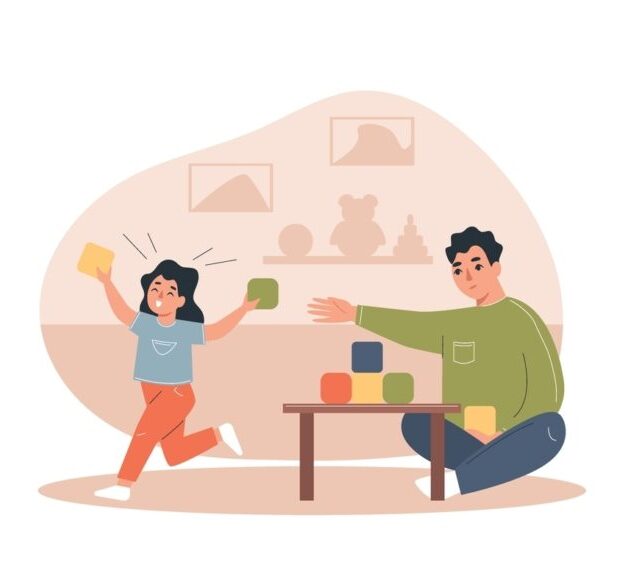



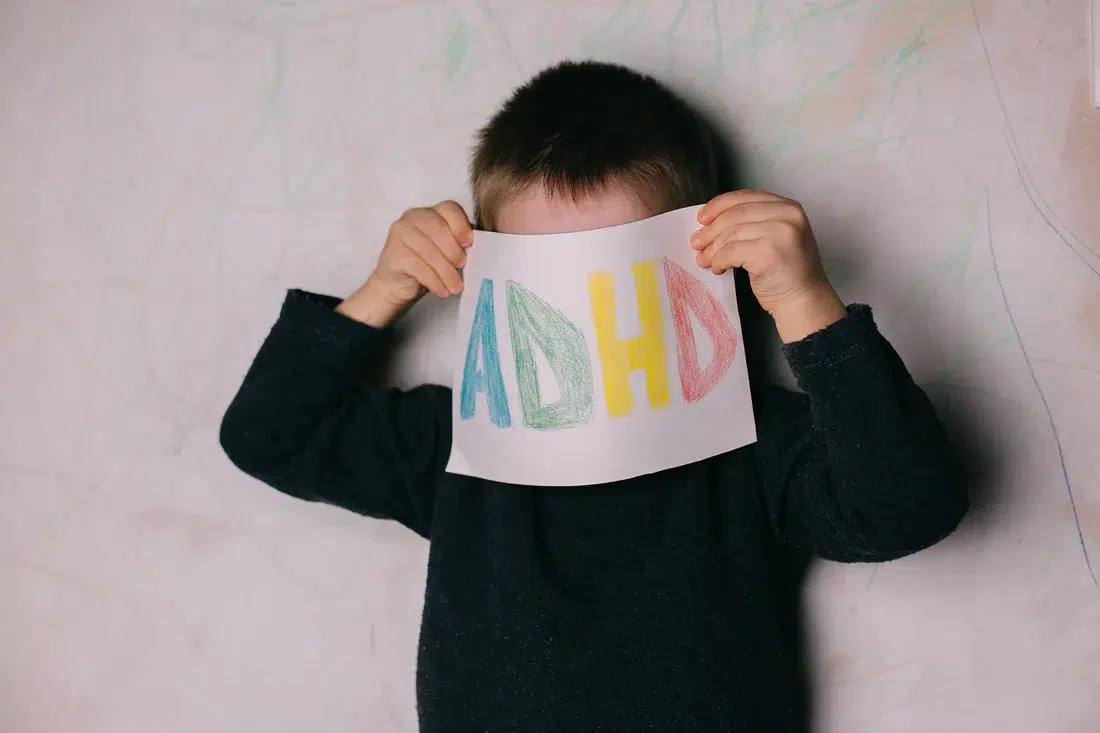




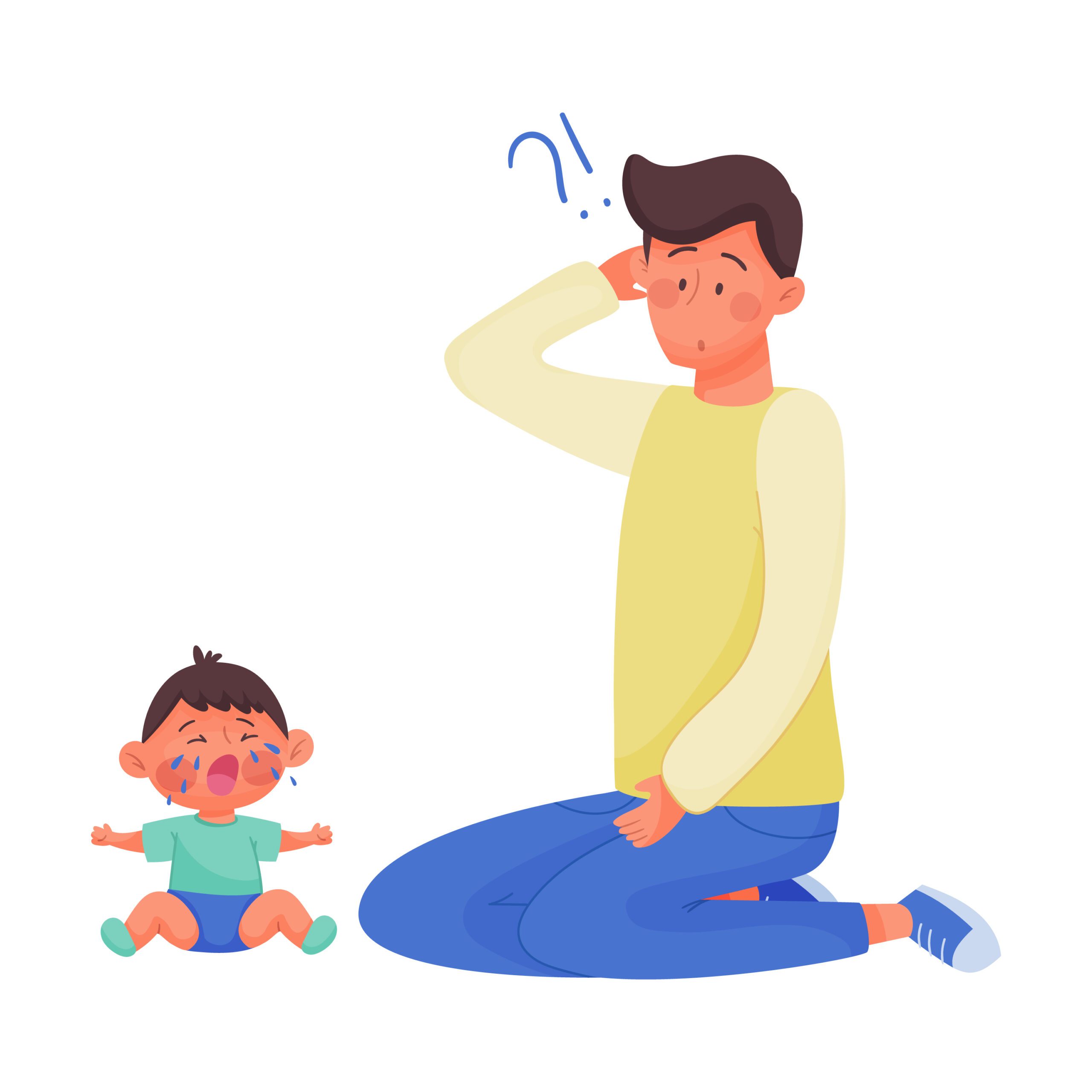
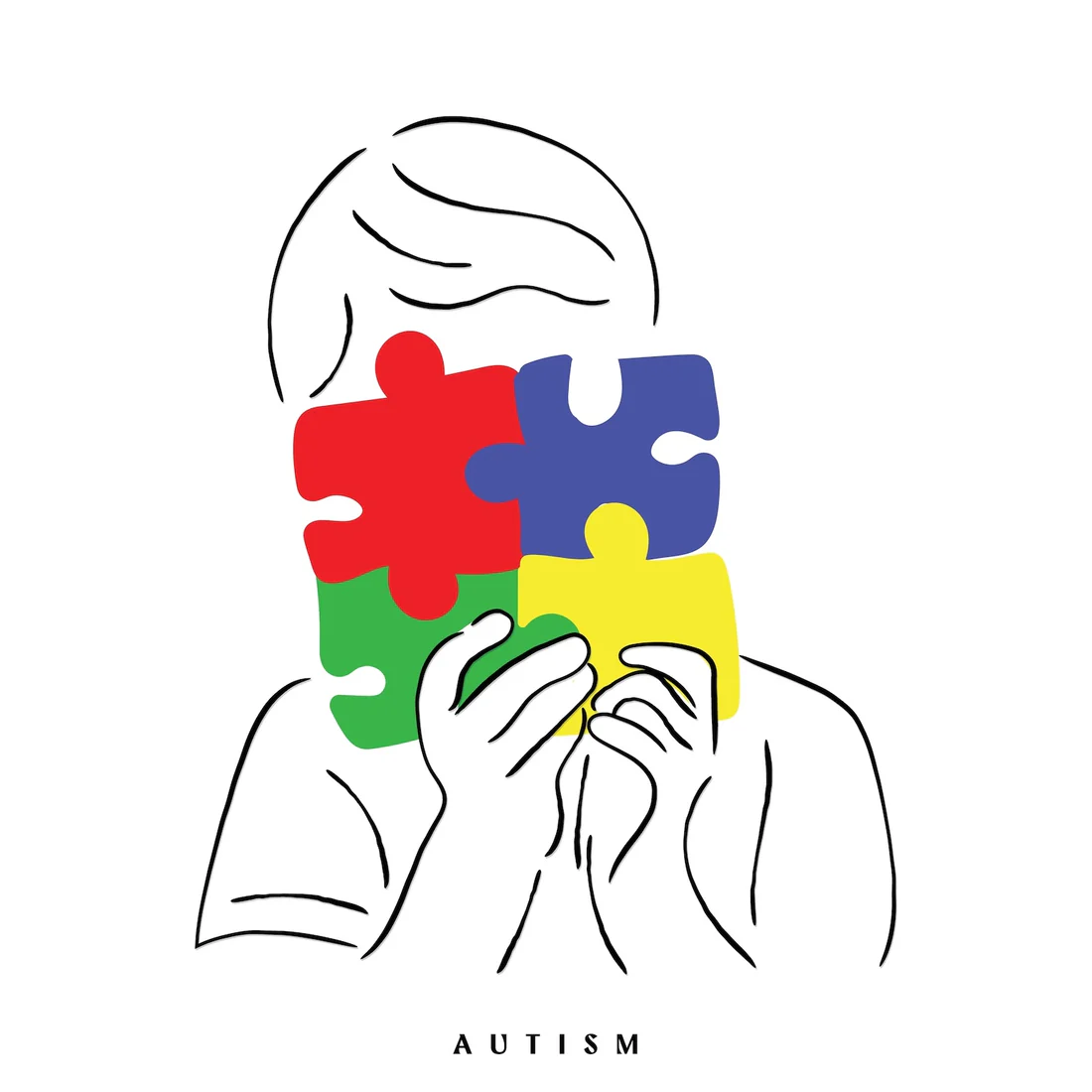
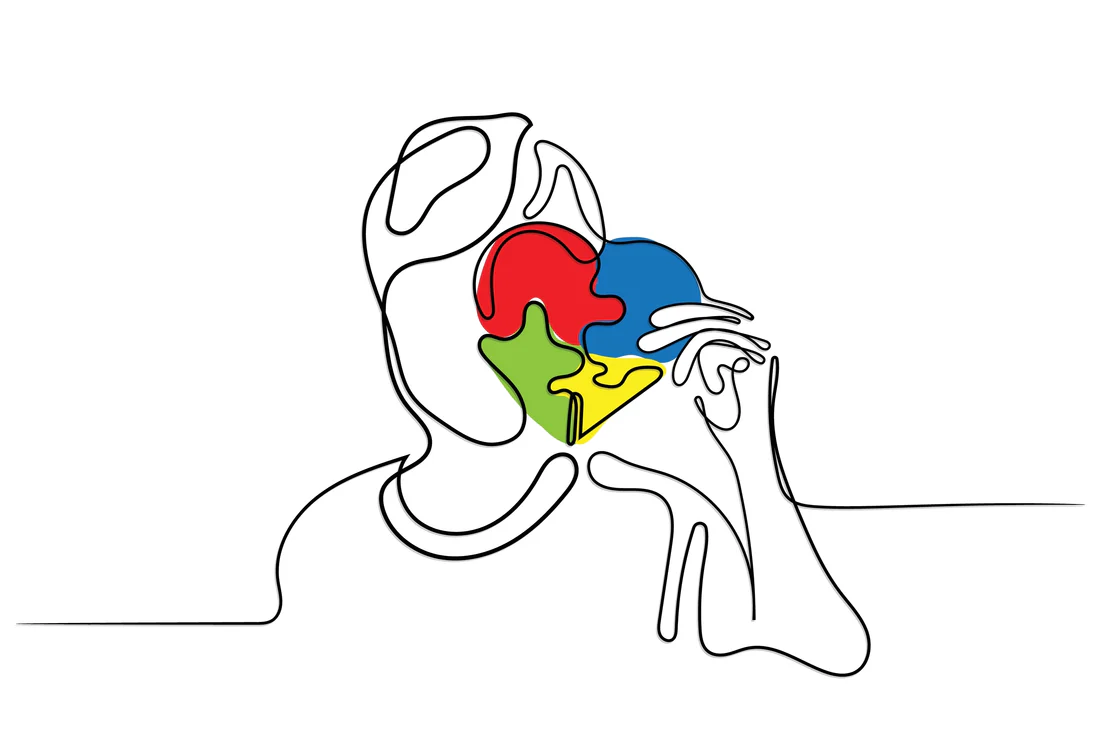










 See Therapist Database
See Therapist Database Speech Therapy
Speech Therapy Physical Therapy
Physical Therapy Occupational Therapy
Occupational Therapy




